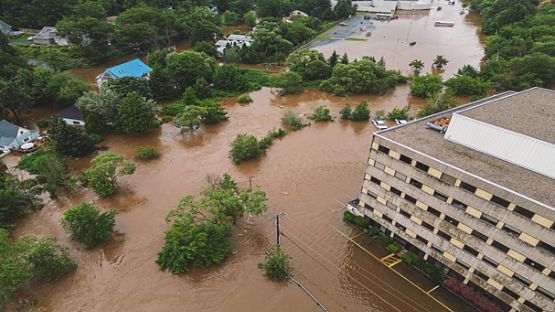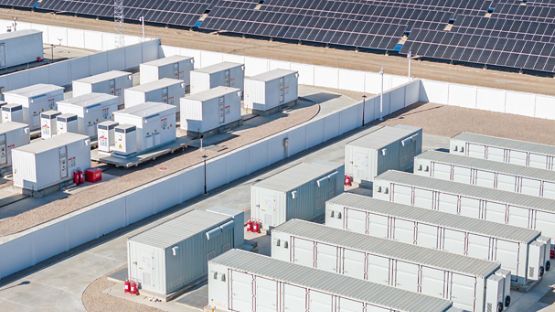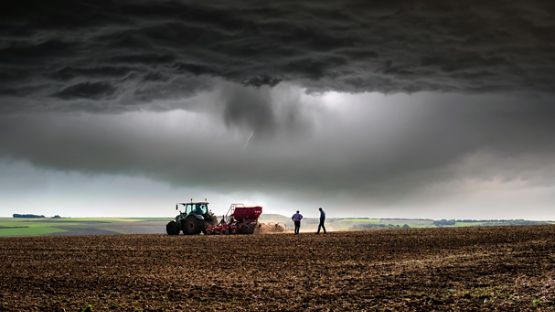This is especially true of the heavily regulated food wholesaling industry where these risks, from cross-contamination to bacteria growth due to temperature fluctuation, tend to be high. You’ll need to consider the products themselves as well as how and where you store your products within your warehouse. Here are a few of the risks you should consider:
Cold storage hazards
If you’re storing perishable, fresh or frozen food, you’ll maintain a cold storage area of some kind. There is a common misconception that cold reduces or eliminates fire risks, which is incorrect as fires can and do start in cold storage areas. There are also additional areas that pose cold storage hazards such as:
- frozen food often contains flammable products such as oils
- packaging materials can present an increased fire hazard even in cold storage areas
- ammonia, used in some refrigeration units, is highly toxic and can contaminate food products
Cooling equipment breakdowns
The cooling equipment used in your warehouse depends on both the type and quantity of the food you store and the length of time you plan to store it.
Refrigerated containers: These are the most basic and cost-effective method and are useful for storing small quantities of product.
Blast freezers and chillers: These are capable of quickly cooling and storing food, greatly reducing the chances of bacteria growth and are useful for perishable products you must move quickly, usually within a few days.
Cold rooms: Larger and slightly slower versions of containers and chillers but can handle larger quantities of food.
Reefer units: Refrigerated trucks that allow you to transport your products safely to customers. Damage to any of these systems can cause significant product loss and protecting them is an ongoing challenge.
Minimize your equipment breakdown risks by:
- using industrial grade glycol that is appropriate for use with food and beverage product storage to keep lines from freezing
- installing monitoring and alarm systems that maintain and warn of potential temperature changes
- installing specially designed wet sprinkler systems or dry sprinkler systems that will not freeze the water supply
Freezer and cooler technologies
New technologies have changed the way that freezers and coolers are manufactured. If you are currently using older equipment it may make sense to update your equipment and increase the reliability of protecting your product. Examples of these advancements include: product.
- glass batt to reduce fire risk
- expanded plastic insulations to reduce fire hazards
- FM-rated/fire-rated panels to reduce fire spread
- interlock protection systems such as combined heat detection with sprinkler systems
- temperature and closed-door alarms
Power interruptions
Generators provide critical protection to your food storage inventory in the event of power failure. Ensure your generators can handle the load your systems need to carry to order to maintain emergency power. Consider installing an uninterrupted power supply (UPS), an electrical system unit that will provide your cooling units with an immediate source of power until the backup power source kicks in.
Insurance coverage
Your broker can help you find the right insurance coverage that will help you in the event of a food storage or handling loss, product recalls, issues arising from equipment breakdown, or issues such as fungi or spores. Contact your insurance broker today for any additional information. If you don’t have one, use our Find a Broker tool.













